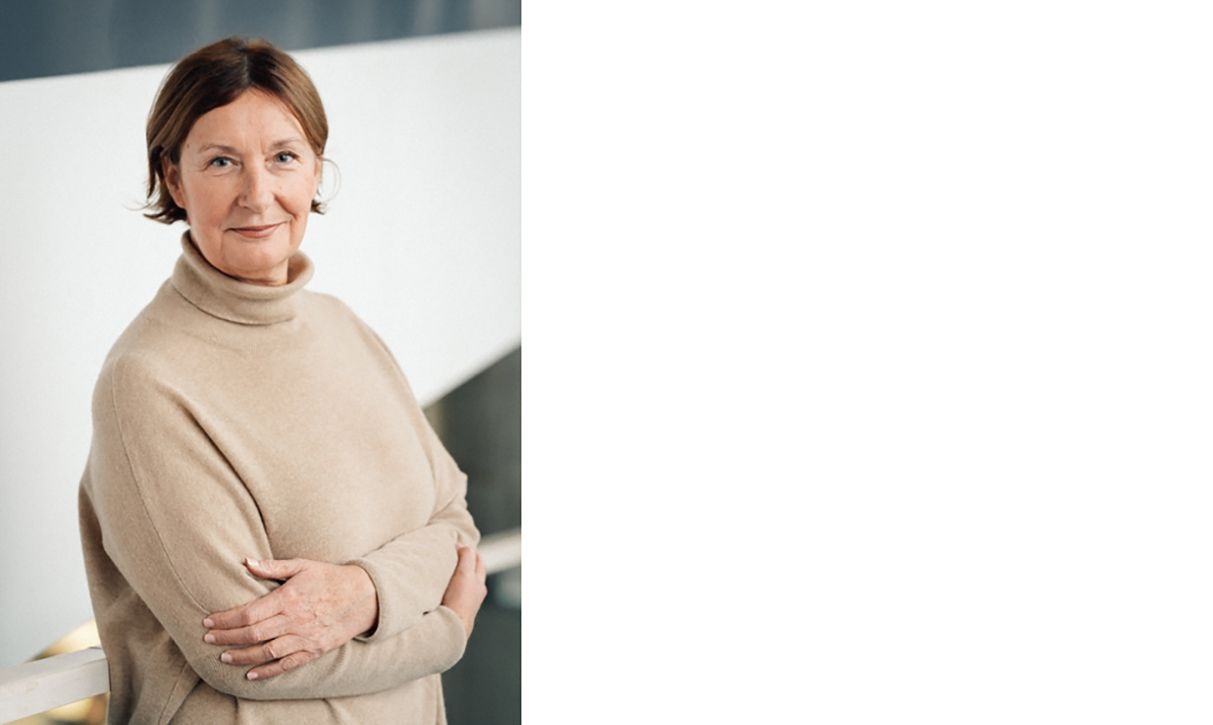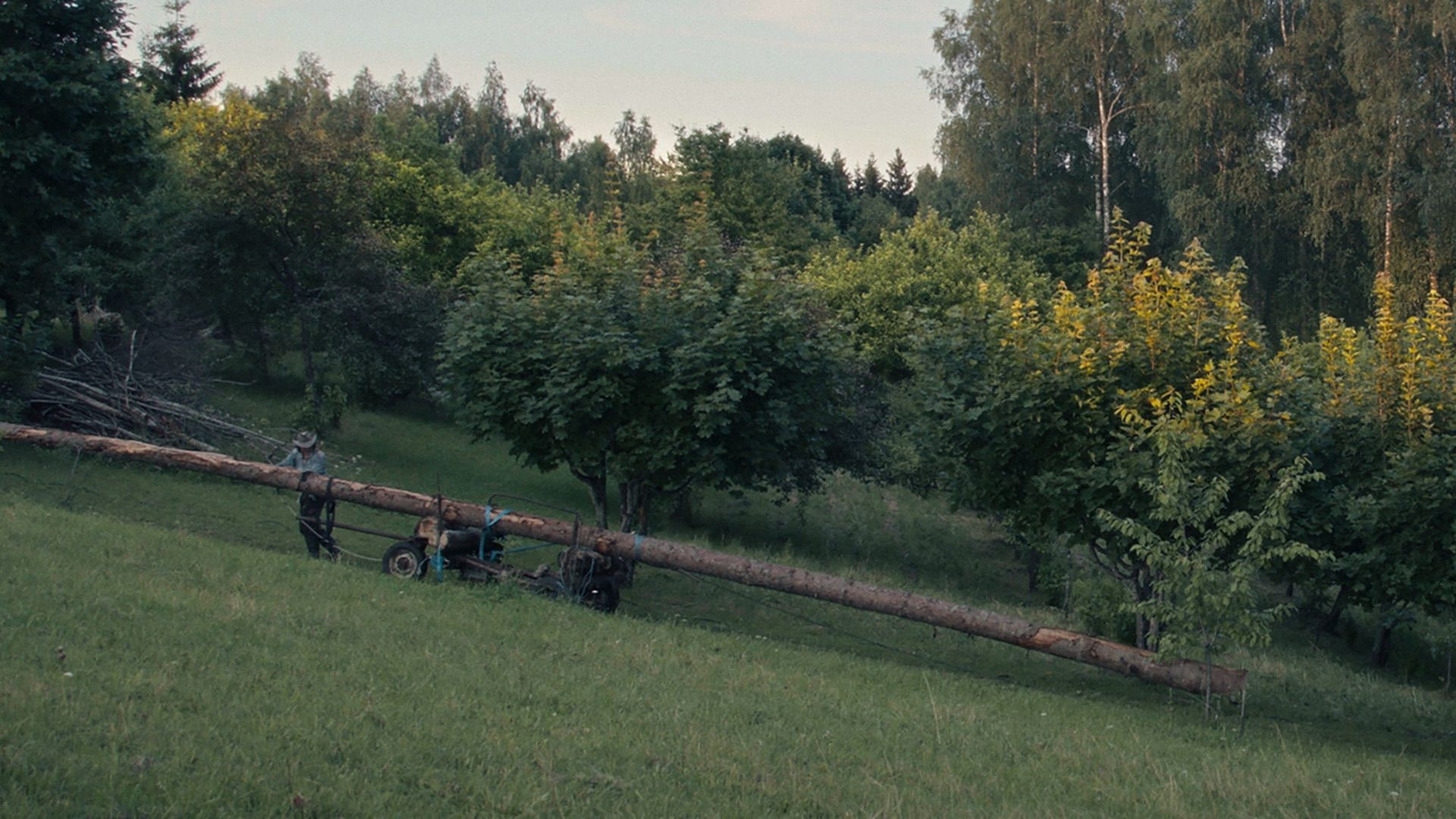
You are an acclaimed documentary director whose works have been screened at many international festivals. How do you feel about your new role as someone responsible for selecting films for the festival in the programming committee?
I wouldn’t have accepted this proposal if I hadn’t been interested. I have never watched so many films in one sitting before. When attending festivals, I usually don’t go for more than two films a day, but here we watched them all day long. It was fascinating discussing these films with my fellow committee members, all of whom are either experienced directors or festival organisers (we have Mike Arnott from the UK, Edvinas Pukšta from Lithuania and Mikk Granström from Estonia in our team). However, there are so many good documentaries, and it was hard to choose.

What countries are featured at Doc@PÖFF?
There are 11 films in the competition, all of them either world or international premieres. The most distant country of origin is China; as for Europe, it’s more or less covered. We are expecting more films from the Nordic countries for the next year’s programme. There are also two documentaries about Estonia.
What themes and directions stand out in the film programme?
Over the last ten years there is a tendency in documentary filmmaking: cameras get smaller and smaller and the opportunity to film something independently arises, films become more and more intimate. It is now possible to make films practically alone and with minimal funding. It is a way of getting very close to someone close to you, which is why a lot of films are made about the everyday life of someone’s family, for instance. This makes for very strong stories, and there are several such personal stories among the 11 films in our competition programme. In addition to that, there is the theme of war, of course – there are films about Israel, Palestine, and Ukraine. Four films about Ukraine are outside the documentary competition, in the ‘Best of Documentaries’ programme. Telling the truth is always dangerous, and so is making a film based on a true story.

Are there any banned or scandalous films in the Doc@PÖFF selection?
There are no ‘banned’ films since our programme only includes premieres, films that have no history yet. We are not looking for a scandal either. The main idea behind our programme’s selection is bringing to the audience cinematic, strong documentaries with a strong emotional effect. We want to offer films for both the eyes and the soul. We also want to invite audiences who have not been much into documentaries before. We offer documentaries with a more entertaining approach as well as films aimed at enthusiasts who get a special pleasure from the way a film is made. We are a festival aimed at a large and diverse audience.
Are there any documentary festivals in Estonia that rival the PÖFF documentary competition programme? What makes Doc@PÖFF so original?
DocPoint Tallinn, which I personally adore, is a film screenings festival without the competition part. Over the years, the festival’s aim has been building an audience and I suspect that this audience also comes to watch our films. However, DocPoint is a local part of the festival held in Helsinki and is small in scale, neither is big Pärnu’s oldest and most prestigious film festival. Until now we didn’t have any big documentary festivals, though it’s good that things are changing. PÖFF, being the A-list film festival, is simply expected to have a documentary competition programme. Next year we are planning to make a part that is standard for all grand international festivals, a so-called ‘industry’ part dedicated to filmmakers where contacts could be made and experience exchanged. We could build on the strong formats that PÖFF and Industry@Tallinn & Baltic Event already have. On the one hand, our premieres are paving the way for good documentaries; on the other hand, by inviting professional filmmakers from all over the world, we are helping Estonian directors and producers integrate into the world film industry and create synergies.